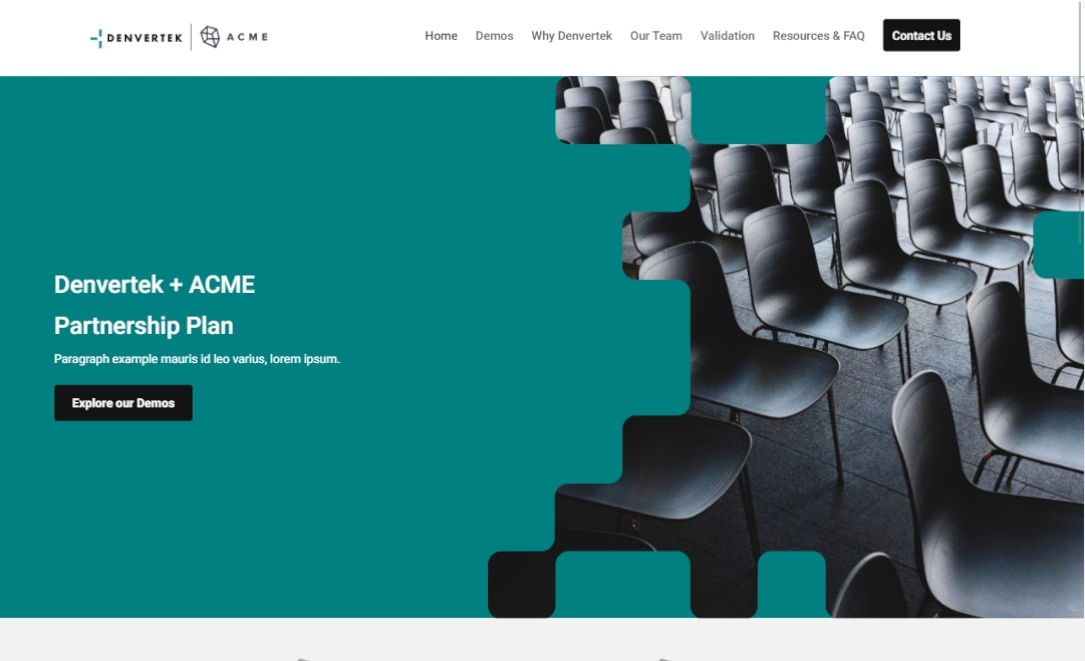It’s safe to say that most businesses are looking for a way to increase sales productivity. According to LinkedIn’s Sales Report of 2022, sales reps only spend approximately one-third of their time on the most crucial part of their role – selling! That means that discovering ways to boost the efficiency of your sales team is an essential strategy if you’re looking to drive results.
If you’re looking for ways to increase the productivity of your sales team, this guide is the perfect starting point. We’ll walk you through the factors that affect sales productivity before presenting 4 specific strategies you can implement to increase sales efficiency and performance.
Factors that affect sales productivity and results
Understanding what can affect the productivity and results of your sales team is the first step to understanding how productivity can best be increased. The following are a few of the critical factors that may be interfering with your path to success:
Product quality and pricing
It’s an unfortunate truth that – regardless of how productive your reps are – a poor quality product or service isn’t likely to sell. To best set yourself up for success, make sure you’ve accurately assessed your product or service and done your best to iron out any kinks before taking it to market.
On a similar note, inappropriate or suboptimal pricing can also damage your sales chances. Avoid over- or under-pricing, taking particular care not to take a large share of your market with a product or service that is priced too low. Improving your pricing by as little as 1% can have a tremendous impact on your company’s margin dollars.
Industry & market competition
Having a strong handle on your competition is incredibly important for understanding your place in the market. If you don’t know how or why the competition is outperforming you, you’re unlikely to be able to pivot and keep up. Understanding the industry as a whole is similarly important because there may be innovations outside your given field that could dramatically impact your company’s ability to succeed.
Motivation
An unmotivated sales team is unlikely to be a productive one. Don’t assume that because you offer some kind of incentive that this necessarily means your team is properly motivated. If you haven’t been checking in with your team or actively seeking their feedback and input, your incentive program may be falling short. Make checking in with your team a priority and take note of any issues they raise that could be contributing to lower motivation or productivity.
In addition to reviewing your incentives program, you can also ask yourself the following questions:
- Do you have skilled managers in place to guide and train your sales reps?
- Do your reps feel comfortable and confident in the workplace?
- Are you able to foster a sense of well-being within your sales team?
- Do reps know who to approach when they have a question or face a problem?
Failure in any of these could easily contribute to your reps feeling unmotivated. Remember: your reps are people, not selling robots.
Product knowledge
Making sure your staff is knowledgeable about your product(s) is important because it affects their ability to speak about the product and properly highlight it. That means your team should know the product inside and out, not solely the top talking points you may have provided. Reps need to be able to pivot on a dime during communications in the sales cycle and the only way they can truly do that is if they know the product like the back of their hand. Otherwise, they could find themselves floundering at a potential client’s concern, ultimately costing you the sale.
Proven strategies to improve sales performance
To help you get started, we’ve laid out how to improve sales productivity with a few tried and true tactics.
Offer comprehensive onboarding & continuous training
One of the best ways to boost performance is to ensure your team has the training they need to succeed. A comprehensive sales enablement strategy will involve investing time and energy into a robust and thorough onboarding procedure as well as continuous sales training.
That can mean everything from hiring dedicated coaches to providing online courses. Ultimately, up-to-date training will help ensure your team has easy access to the knowledge they need to perform – whether that’s staying apprised of the latest innovations in sales, industry knowledge, or product or service offerings.
Embrace technological solutions
When it comes to efficiency, technology is your friend! There are tons of tools at your disposal that can help make just about every step of the sales cycle a little bit easier. The benefit of building up your technology stack is two-fold: it can make it easier for sales reps to do their jobs and it can clear unnecessary tasks off their plate with automation. All of this means they can spend more time selling with the time they’ll save.
There are sales prospecting tools that can help your reps find leads, as well as sales mapping tools that help represent a sales territory visually. If your budget doesn’t provide space for new tools, look for ways to optimize the ones you already have. Have you automated everything that can be automated? Created appropriate shortcuts so it’s easy for reps to access the most useful info? Optimizing your existing stack (and removing any tools not being used) can free up time for your reps as well as cut overall costs.
Encourage inter-departmental collaboration
No department should work in a silo, and that’s especially true for sales. Collaborating with other departments can offer your sales team key insights that help drive productivity. For example, your marketing department can offer guidance on what types of reasons to believe (RTBs) are drawing in consumers, your product team can keep sales abreast of new (and most-loved) features, and your customer service team can keep reps informed of common issues your customers are facing with your product or service.
All that information can be useful ammunition in a sales rep’s arsenal. It will make them better able to answer questions from prospective clients and pivot in the conversation as needed. Regular communication is essential for a team to be as effective as possible.
Recognize and celebrate resourcefulness, not just results
If the only time employees see their hard work recognized is when it results in a sale, you might inadvertently be fostering a culture where the sale is valued above the work put in. While this approach might sound okay at first, it can cause serious problems down the road by inadvertently discouraging innovation. This may result in hard working reps who try new things or who play supportive roles within the team becoming demotivated as they don’t see their efforts rewarded.
By rewarding ingenuity and effort as well as the sale itself, you can create a healthier culture and cultivate an engaged and creative sales team.
Give your sales team the tools they need to succeed with Zoomforth
Zoomforth is at the forefront of microsite creation and hosting and we’re one of the best ways you can get your sales team the data they need to succeed. Every Zoomforth site has real-time analytics, giving you a wealth of data to study. This means you’ll be on your way to optimizing your campaign in a flash.
Not only that, but Zoomforth makes it easy to keep all of your pages on brand and there’s no limit to how many pages you can create. So you’ll never have to worry about running out of space. Don’t wait — request a demo today.



